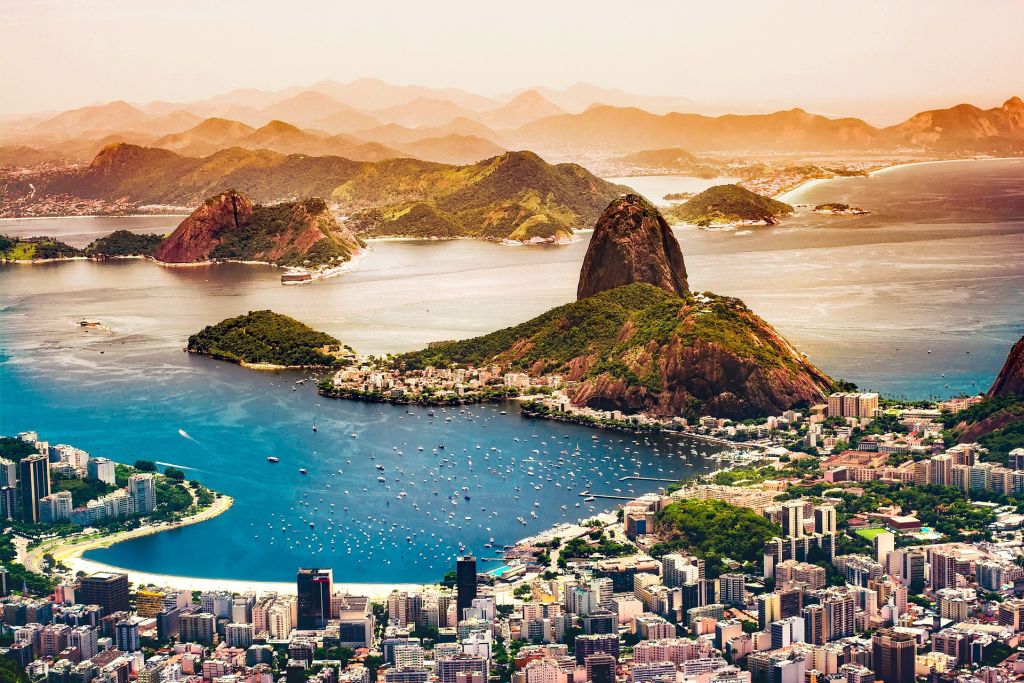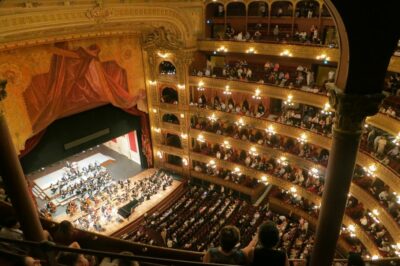Brazil’s economy is surprisingly positive
For months, the October general elections have dominated the headlines on Brazil. This overlooks how well the country’s economy is currently doing.
by Alexander Busch, Latin America correspondent for Handelsblatt and Neue Zürcher Zeitung
Brazil is experiencing the finale of a tense election campaign that could end with the first round of voting on Oct. 2 if a candidate for president wins a majority of valid votes. However, runoff elections are likely to take place on October 30.
As governors, deputies and some senators are elected at the same time as the president, politics in Brazil has dominated the public’s attention for months.
Brazil’s surprising economic recovery is often overlooked. After all, instead of stagnating, as many economists recently predicted, Brazil will grow 2.6 percent this year. Unemployment has fallen below ten percent. That is the lowest rate since 2015. Today, as many people are in work as last in 2012 – when Brazil was still a growth pole in the global economy.
Inflation is already falling again because the central bank responded early with interest rate hikes. By the end of the year, inflation could stand at six percent. That is little for a country with a history of inflation like Brazil.
At the same time, more foreign capital is flowing into Brazil than has been the case for a long time. In 2021, Brazil was already the world’s No. 5 location receiving the most foreign direct investment – only the USA, China, Hong Kong and Canada had more foreign companies investing there. Investment bank JP Morgan estimates that around 56 billion dollars in direct investment will come to Brazil in 2022, another ten percent increase on the previous year.
The reason: It is not only the energy transition and the need for green energy and raw materials that make Brazil attractive as an investment location. Brazil is also a beneficiary of the Ukraine conflict. On the one hand, in addition to green and conventional energy (oil and ethanol), the country also has agricultural products and industrial raw materials whose prices have risen sharply as a result of the Ukraine crisis.
Now, moreover, financial investors are coming to Brazil again. They are looking for investment opportunities in a large market that is as far away as possible from the conflict in Europe and whose companies are also not affected by it.
Together with the high surplus in the trade balance, Brazil is currently one of the few emerging markets in the world that can easily compensate for its current account deficit.
All of this boosts the value of the real. It has been one of the hardest currencies in the world this year. It has gained around ten percent against the US currency since the beginning of the year, despite the strength of the dollar. This, in turn, is benefiting Brazilian stocks and bonds. The Bovespa index is one of the world’s best performing stock indices this year.
It is true that part of the higher growth can be explained by the economic stimulus provided by the government of President Jair Bolsonaro. But this campaign aid with social and economic stimulus programs is a tradition in Brazil.
What is crucial now is that the next government from the beginning of 2023 uses the political capital to ensure a sustainable economic recovery.






